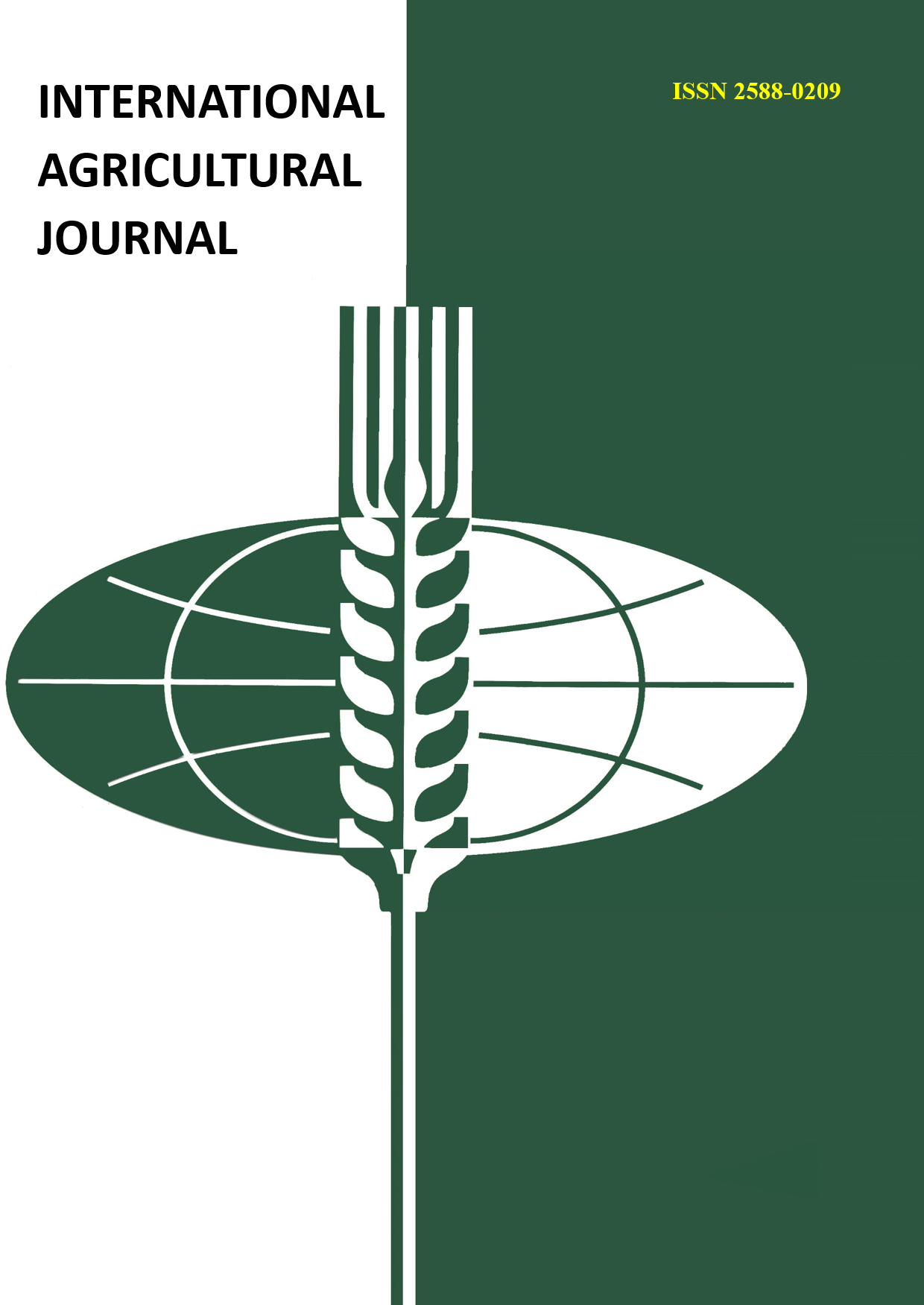The article presents discussions on the significance of the sprawling city as a dynamically developing system in the manifestation of urbanization and suburbanization trends. Given the complexity of describing urban dynamics, there is a need for a multifactorial research of urban sprawl development. The transformation of the urban environment requires the involvement of various stakeholders, so it is necessary to touch upon foreign experience in order to develop a relevant approach to multifactor research, and in turn, a model of spatial development of suburbanized areas. Within the review of foreign experiences, the first study presented is the Munich study, which reflects the assessment of complex urban dynamism by engaging economic, social, cultural and environmental dynamism. In turn, Hungarian researchers divided the factors into six classes, calling them personal preference factors, and assigned them a digital form. In this study, the statistical treatment is based on assigning to the forms relative values of scores expressing the accessibility of functional objects in relationship to personal preference factors. Researchers from China developed a model of HUBs that reflects a general conceptual hierarchy of boundaries at the scale of urban settlements. They also proposed a rank-based urban clustering algorithm (RUC), which takes into account the area of urbanized areas and spatial proximity between them. The mentioned studies allow us to interpret the meaning of foreign scientific approach in multifactor study of urban areas and take advantage of foreign scientific experimental methods in preparing adaptable spatial development tools, which together are the first step in developing a model of spatial development of suburbanized areas. Our collective has also introduced a new concept of «ethical urbanism», which reflects the worldview position of «man-city-nature».
urbanizaciya, cuburbanizirovannye territorii, development gorodskih territoriy, zastroennye territorii, ustoychivoe gorodskoe razvitie, selitebnye territorii, lokal'naya plotnost', klasterizaciya, eticheskaya urbanistika














